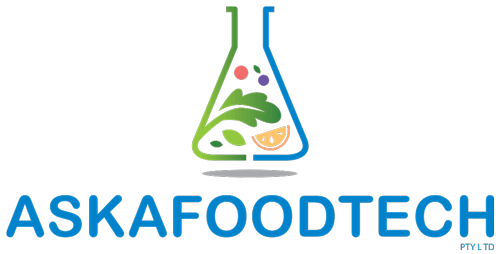The Role of Food Technologists in Ensuring Accurate Food Labelling Compliance
Food labelling compliance is a cornerstone of the Australian food industry, ensuring that consumers have access to accurate, reliable information about the products they purchase.
Food technologists play a critical role in this process, bridging the gap between complex regulatory requirements and consumer-facing packaging.
This article explores the responsibilities and challenges that food technologists face in maintaining labelling compliance.
Understanding Australian Labelling Standards
Australia’s food labelling regulations are governed by the Food Standards Australia New Zealand (FSANZ) Code, which outlines strict requirements for ingredient listings, nutritional information, allergen declarations, and health claims. Food technologists must ensure that every aspect of a product’s label complies with these standards, from accurately listing ingredients to calculating nutritional values. This process requires meticulous attention to detail and a thorough understanding of both the product and the regulations.
Challenges in Achieving Compliance
Ensuring compliance with food labelling regulations is not without its challenges. One of the primary difficulties lies in managing complex ingredient lists, particularly for products with multiple components sourced from different suppliers. Each ingredient must be correctly identified and labelled, with any potential allergens clearly highlighted. Additionally, food technologists must stay abreast of regulatory changes, as updates to the FSANZ Code can affect labelling requirements. Non-compliance can lead to costly recalls, legal penalties, and damage to a brand’s reputation, making accuracy crucial.
The Impact of Accurate Labelling on Consumer Trust
Beyond regulatory compliance, accurate labelling is integral to building and maintaining consumer trust. In today’s market, transparency is a key differentiator, and consumers are increasingly looking for brands that are honest and clear about what’s in their products. Food technologists contribute to this transparency by ensuring that labels are not only compliant but also easily understood by consumers. This builds brand loyalty and fosters a sense of trust that can set a company apart in a competitive marketplace.
In summary.
The role of food technologists in food labelling compliance is vital to the integrity of the Australian food industry. By navigating the complexities of the FSANZ Code and ensuring that labels are both accurate and transparent, food technologists help protect consumers and uphold the highest standards of quality and trust.

About the Author:
Stewart Eddie (Bapp Sc Food Science & Technology) is Director and Principal Food Tech at ASKAFOODTECH PTY LTD; a food technology consulting company that inspires, educates, and serves food producers with an ambition to grow and manage risk. Living with a severe food allergy and being a food technologist, Stewart is uniquely placed to help your food manufacturing business with your allergen management planning. If you would like more information on the services that ASKAFOODTECH PTY LTD can provide, please
contact us.








